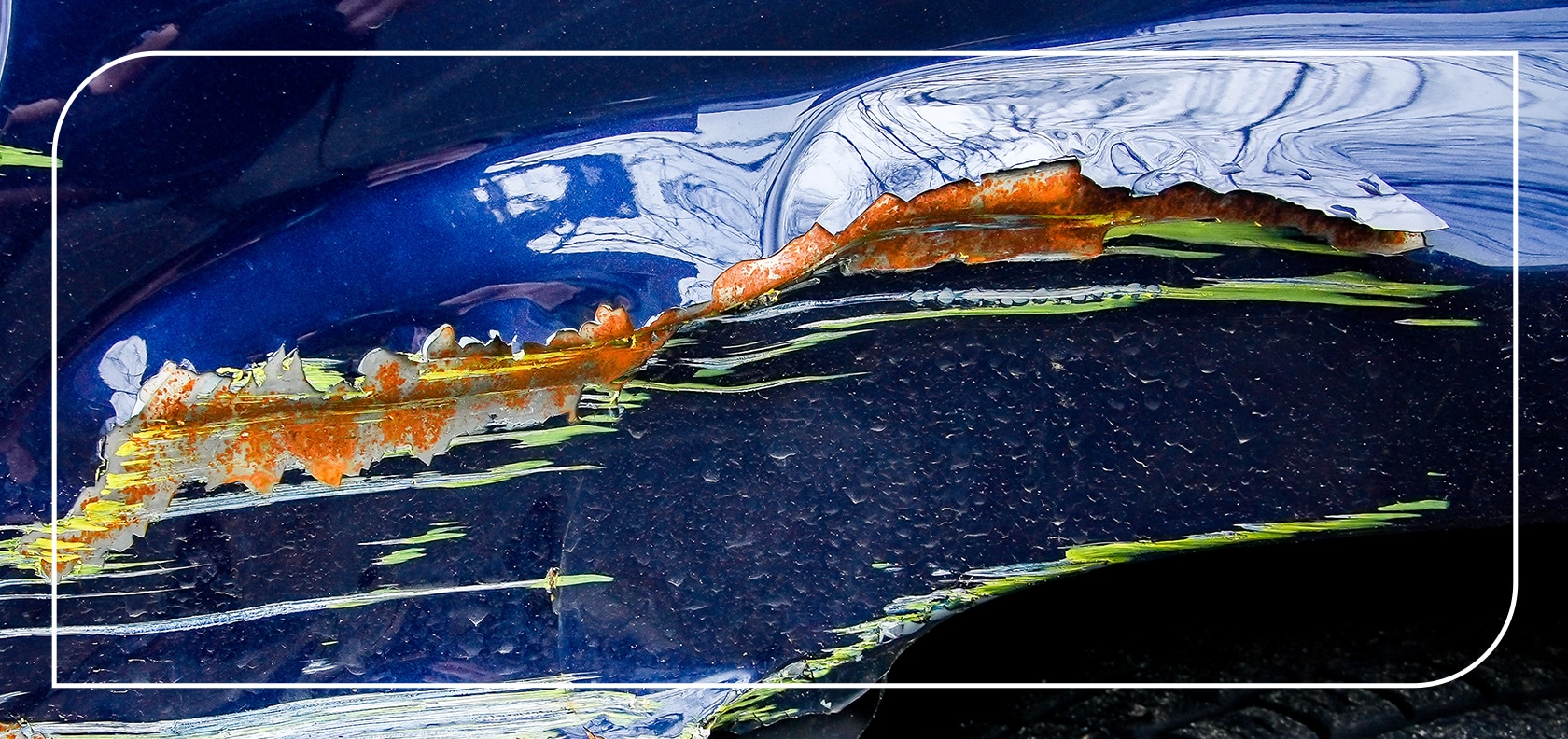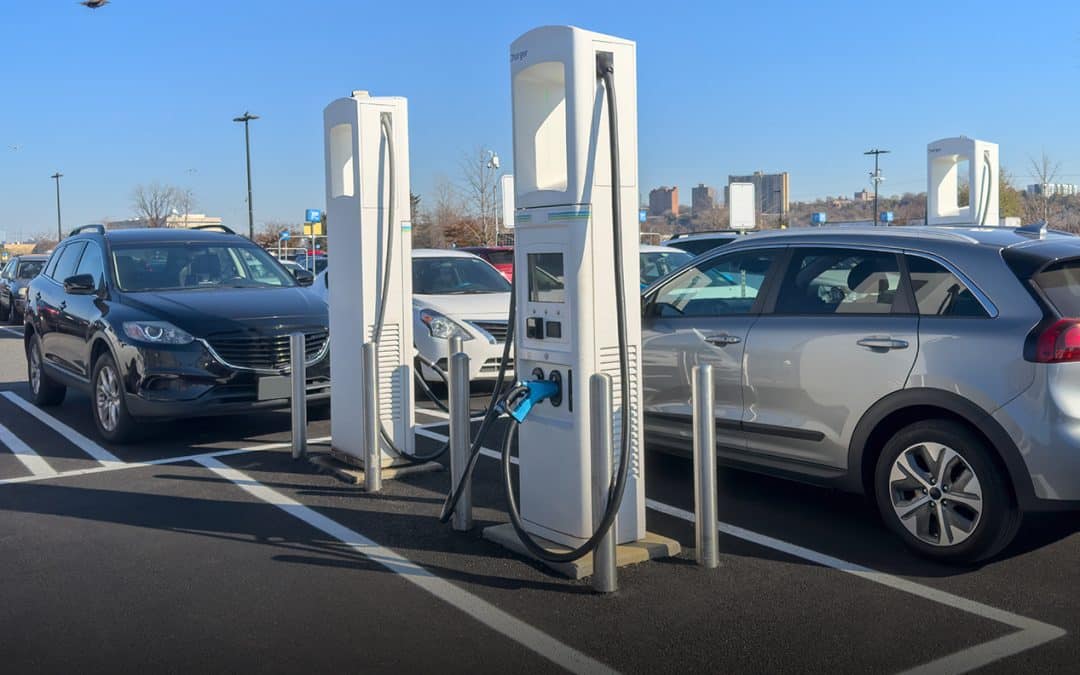You might be a responsible and experienced driver, but even so, accidents happen. Whatever your experience level, you may be wondering how filing a claim after a crash will impact your auto insurance premium.
The amount by which your premium might increase following an at-fault accident depends on a variety of factors including the state you live in, the severity of the accident, and claims made to compensate for costs incurred as a result of the accident. These factors are driven by state regulations determined by the state’s Department of Insurance and all insurance companies operating in the state are required to follow.
Because insurance companies like MAPFRE take your driving record into account when issuing your initial auto policy, they will most likely re-evaluate your premium after you file a claim, have an accident or any other type of incident like a traffic violation.
And regardless of if you change insurance carriers, your driving history will most likely still result in a higher premium when there is a history of claims or accidents on your driving record.
If you’ve considered not reporting an accident to your carrier for fear that your premium will increase or that your policy will be canceled, you should be aware of the risks. According to the Insurance Information Institute, there are a few reasons why you should consider reporting an accident, even if the damage is minor.
- If anyone else involved in the crash files a lawsuit weeks or months later, not having reported the accident to your insurer will make it difficult for the insurer to represent you.
- Not reporting the accident right away may put your insurance coverage in jeopardy.
While policies differ from state to state, in Massachusetts, at-fault accidents on motor vehicle liability policies are based upon the state’s Standards of Fault. That means, if you are found less than or equal to being 50% responsible for the accident, there will not be an impact to your insurance premium – regardless of the value of the claim payment. If you are found to be more than 50% responsible for the accident, you may be surcharged if total claim payments are greater than $1,000.
What is considered a minor vs. a major accident?
If you’re still not sure whether you should file a claim, consider the accident severity. In Massachusetts, the amount of the claim payment determines if an at-fault accident is considered minor or major.
Like other Massachusetts insurance carriers, MAPFRE Insurance uses the Safe Driver Insurance Plan (SDIP), sometimes called the Merit Rating Plan, which is based upon a points system. The Massachusetts merit rating plan is used by insurance companies to reward customers for good driving based on their own driving record and the driver’s records of those covered by the auto insurance policy.
- A minor at-fault accident is triggered by claim payments of $1,000 and up to $5,000 and could result in a 3-point surcharge.
- A major at-fault accident is triggered by a claim payment of more than $5,000 and could result in a 4-point surcharge.
What are surchargeable incidents?
When you are found responsible for an at-fault accident, points may be attributed to your driving record which could increase the percentage of what you pay for insurance. The value of these points depends upon things like driving history and experience level of the motorist.
According to the Merit Rating Board, incidents that would trigger a surcharge on your insurance premium in Massachusetts would be if:
- The operator is more than 50% at fault.
- The vehicle is a private passenger car.
- The accident involves a claim payment of more than $1,000, in excess of any deductible.
- The claim payment is for damage to someone else’s property, collision, or limited collision coverages for a vehicle.
In addition, bodily injury to another’s liability claim may also be subject to a surcharge.
If an accident does result in a surcharge, that surcharge will remain on your record for 6 years in Massachusetts. To appeal a surcharge, the driver must complete the appeal form on the back of the surcharge notice and mail it to the Massachusetts Division of Insurance Board of Appeal, along with the required fee.
Your claims adjustor can help you understand if your accident may be subject to surcharged points.
Planning Ahead: MAPFRE’s Accident Forgiveness Endorsement
Things that can help keep your premium low should you get into an at-fault crash is adding MAPFRE’s Accident Forgiveness Endorsement to your auto insurance policy in advance. When you have this endorsement, if you or someone on your policy gets into an at-fault accident, your premium won’t increase because of that first at-fault incident. In addition:
- MAPFRE will waive and not assign points for the first at-fault accident.
- Only one at-fault accident per policy will be forgiven at any point in time.
- If you are found liable for an accident, you will still receive a surcharge notice, but the surcharge will not trigger a rate increase when the policy renews with MAPFRE.
Eligibility for Accident Forgiveness depends upon certain criteria including merit rating code, driving history, operator assignment and your current Merit Rating step which your Independent Agent can discuss with you.
Remember, if you do get into an accident, MAPFRE doesn’t want you to be stressed by the claims and repairs process. Filing a claim is simple, whether online or by calling our 24-hour reporting line at 1-800-221-1605. Our expert claims adjusters will help you through the entire process.



